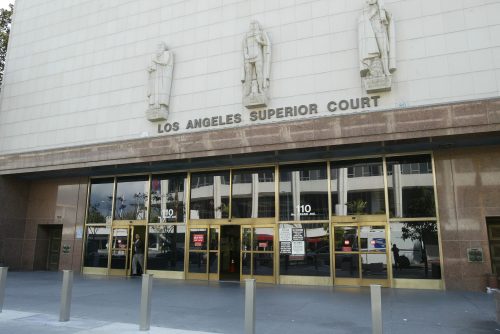
LOS ANGELES, CA – In a motion hearing this past Friday in Los Angeles County Superior Court, the accused sought to vacate a 1983 guilty plea for forgery, claiming whether the accused, an immigrant, was properly informed of the potential immigration consequences, including deportation, when he entered the plea.
According to court reports, the accused was charged with forging bank checks in 1983 when he was an 18-year-old student with no prior criminal history. The current motion challenges whether he was adequately informed of the risks related to his immigration status as an Iranian national.
The accused, not present in the court, claimed he was not informed, or does not recall being informed, by his defense attorney or the judge about the risk of deportation.
Judge Kathryn Solorzano acknowledged there is no evidence indicating the defendant was properly advised, which could constitute a prejudicial error.
Deputy District Attorney Juliet Evelyn Schmidt argued against the motion, citing the accused’s inconsistent statements and suggesting that, since there was no deportation agreement between the U.S. and Iran in 1983, the risk of deportation was minimal.
The judge disputed this, noting a deportation agreement did exist at the time and emphasized the lack of evidence showing the accused was informed remains a key issue.
The judge expressed skepticism about the defense claim, stating the defense attorney from 1983 had been practicing law for six years at that point.
The judge remarked that public defenders are typically “extremely well prepared and extremely well trained,” implying it would be unlikely for the DPD to have neglected informing the accused of such critical immigration consequences.
Despite these concerns, the judge acknowledged the absence of clear evidence the accused understood the immigration consequences of his plea.
The court highlighted the historical context of the case, referencing Iran’s political transition during the late 1970s, which led many families, including the accused’s, to emigrate. The accused and his family had moved from Iran to France and Germany before settling in the U.S. in 1979.
The judge also pointed out the timeline as critical evidence, noting if the accused had recognized the risk of deportation, the plea process would not have concluded as swiftly as it did.
The judge implied there was insufficient time for the court to consider alternative charges or for the defendant to fully understand the long-term consequences of his plea.
To address the unresolved questions, the judge requested the accused’s former attorney be called to testify at the next hearing Feb.14.